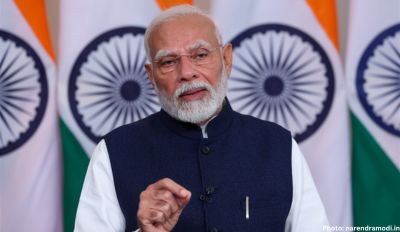The United States Commission on International Religious Freedom (USCIRF) expressed apprehension concerning the Indian government’s steps to initiate the implementation of the Citizenship (Amendment) Act (CAA). Enacted in 2019, the CAA aims to confer citizenship upon undocumented non-Muslim migrants from Pakistan, Bangladesh, and Afghanistan who entered India before 2014. USCIRF Commissioner Stephen Schneck criticized the act, labeling it as “problematic” due to its exclusionary stance towards Muslims. He highlighted this issue in a congressional hearing, emphasizing that the law offers a swift pathway to citizenship for several religious groups while explicitly excluding Muslims. Schneck argued that if the law genuinely aimed to protect persecuted religious minorities, it should encompass other marginalized groups such as Rohingya Muslims from Burma, Ahmadiyya Muslims from Pakistan, or Hazara Shi’a from Afghanistan. He stressed the principle that citizenship should not be denied based on religion or belief. The commissioner urged members of Congress to continue raising concerns about religious freedom issues in India and to prioritize discussions on religious freedom during diplomatic engagements.
Prior to USCIRF’s statement, the U.S. Ambassador to India, Eric Garcetti, had also expressed reservations regarding the CAA’s implementation. He asserted that the U.S. would closely monitor the situation, emphasizing that religious freedom and equality are fundamental tenets of democracy. However, New Delhi dismissed these concerns, suggesting that they were influenced by political motivations aimed at securing voter support.
The U.S. Commission on International Religious Freedom (USCIRF) functions as an independent, bipartisan federal government body established by the U.S. Congress. Its mandate includes monitoring, analyzing, and reporting on religious freedom issues abroad. USCIRF provides recommendations to the President, Secretary of State, and Congress with the aim of preventing religious persecution and promoting freedom of religion or belief in foreign policy decisions.











